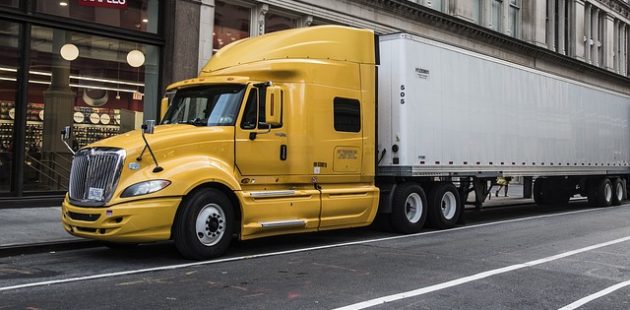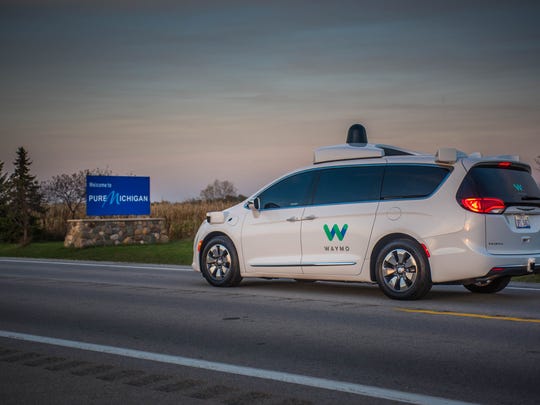Even With Self-Driving Vehicles, the Future of CDL Drivers is Brighter than You Think
via Baltimore Post Examiner, April 23, 2019
By Susan Melony
There’s a lot that’s promising about self-driving vehicles. They will nearly eliminate accidents, and they will make transportation a lot easier. However, there’s a lot not to love about self-driving vehicles too, especially if your livelihood depends on operating one!
Truck drivers are especially nervous. Self-driving technology will mean everyone with a CDL license will be doomed to sit at home and wonder how they are going to put food on the table.
Or are they?
It turns out, the future of CDL drivers is a lot brighter than you think.

Photo Credit: Baltimore Post Examiner
There’s Currently a Shortage of Drivers
You’d think with all this talk of self-driving vehicles, there wouldn’t be a need for new drivers. The fact is, the opposite is true!
Some of the best trucking companies to work for are posting jobs online on a daily basis. Believe it or not, but there’s actually a shortage of drivers! That means truckers today have more choices than ever before when choosing which companies to work for, and they’re making a lot of money while doing it.
Schools are training thousands of truckers a year, and it’s still projected that there will be a shortage through 2020, ensuring truck drivers aren’t going anywhere soon.
There’s a Great Need for Transport Services
There’s a shortage of drivers because fewer people are studying to get their CDL license. However, the shortage is so large because not only are there fewer people interested in trucking, there is a greater need for trailers to transport items than ever before.
More people are shopping online, and it’s not just for frivolous items. More and more people are shopping online for everyday items too. That means toilet paper not only gets transported to the grocery store, but it is also getting transported directly to people’s homes. The increase in demand for nearly every item to be delivered to everyone’s doorstep means more truckers are needed now than ever before.
It Could Make Driving Easier
A truly self-driving car means there isn’t a need for someone behind the wheel, but the truth is, trucks are more likely to contain self-driving technology that still has to be operated by a driver in the near future. As this technology evolves, it will actually make driving easier, instead of eliminating it altogether.
A few examples of self-driving technology that is integrated into the trucks of today and tomorrow include:
- Backup cameras and sensors
- Self-driving parking features
- Automatic braking systems
- Traffic jam assistance
- Cruise control
Self-Driving Trucks Will Take a While to Implement
There is no denying that the eventual goal of all this technology is to create vehicles that can operate themselves completely. That means truckers will be displaced, eventually, but that future is a lot farther off than you might think.
Self-driving cars won’t hit the road in a noticeable way until 2020. It won’t be until 2045 before most new vehicles that are sold are autonomous. Chances are, it’ll take even longer for self-driving trucks to be the norm.
First, the right laws and regulations have to be in place for autonomous trucks to hit the road. Second, technology is going to be very expensive right at first. It will take at least a few more years before regulations make it legal to operate autonomous trucks and they’re affordable enough to save trucking companies money.
There’s Plenty of Time to Train for a Slightly Different Position
If there’s only one takeaway point that you remember, it should be that drivers have plenty of time before they will find themselves out of a job. That means you have plenty of time to prepare if you plan on working in the trucking industry for a few more decades before retirement.
There are a lot of positions that are perfect for truck drivers, especially with years of experience. They include industries like travel, construction, and technology.
There’s plenty of time to study for the positions this new technology will create too! After all, people will still be needed to maintain the vehicles, and some companies may even utilize remote drivers!
If you’re a truck driver, there’s no immediate need to panic that your job will be obsolete anytime soon. With the shortage of drivers, the increased need for transport services, and the fact that road-ready technology won’t be available in a sustainable way for a while, your skills will continue to be in demand for quite a few years to come.
Read original article here.
Find more media updates on #OurAVFuture here.

